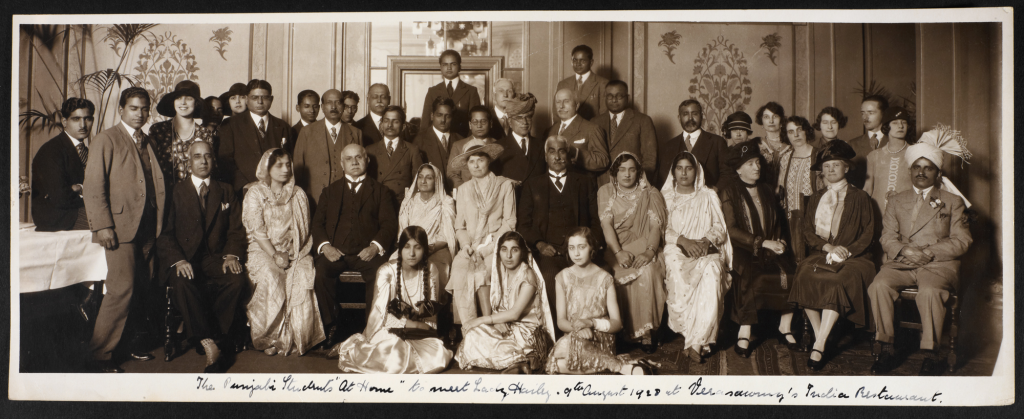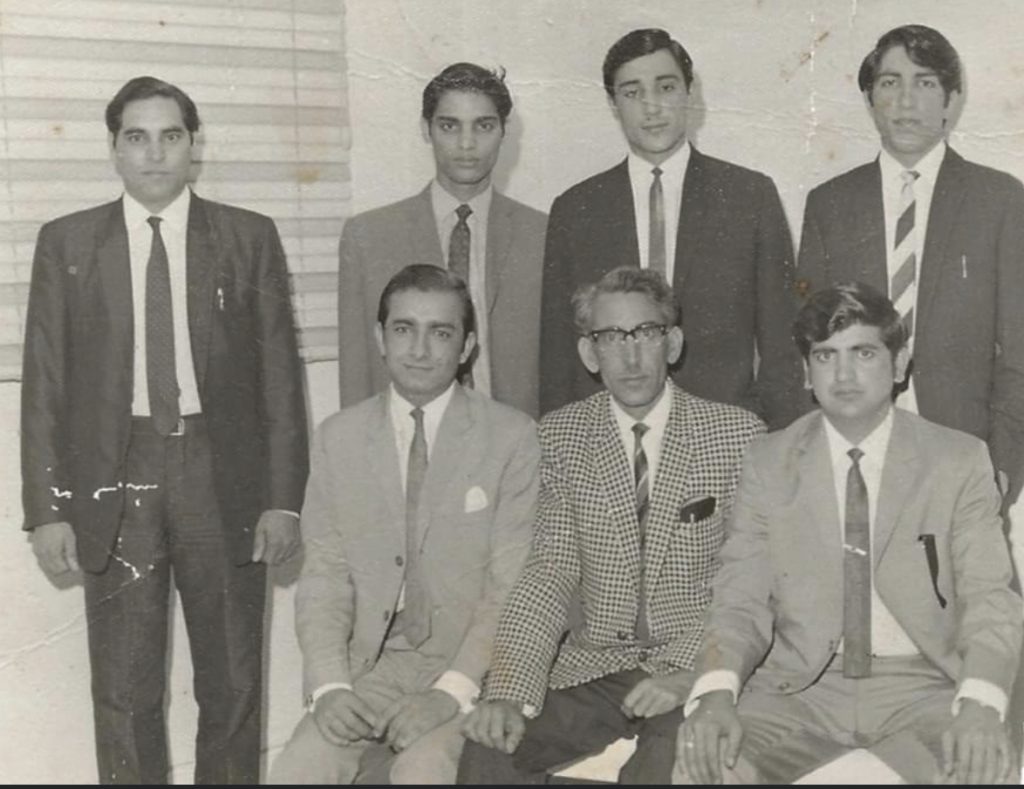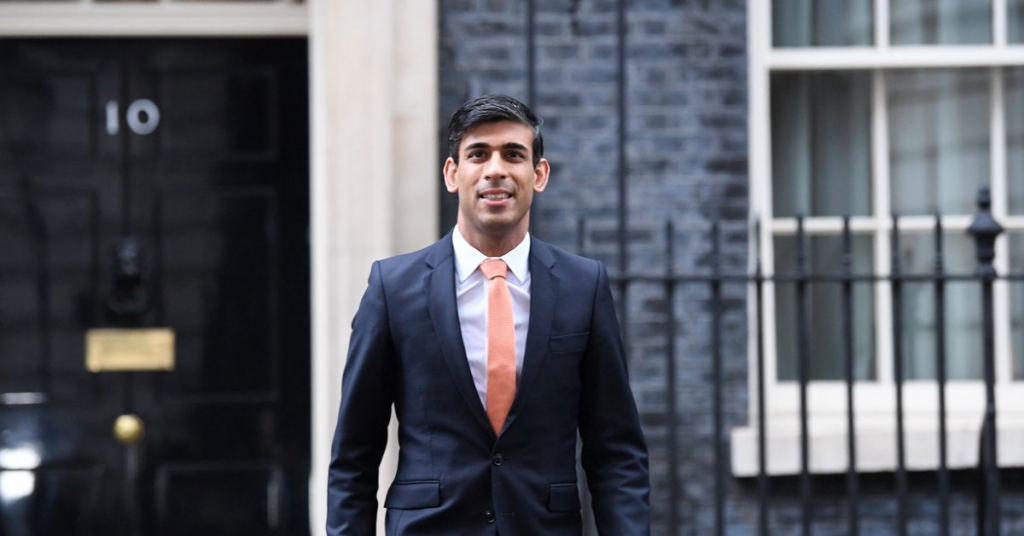According to the 2021 United Kingdom census, those identifying as British Asians in England & Wales enumerated 5,515,420, or 9.3% of the population.
History of Migration
The history of British Asians migration spans several centuries and is a complex narrative influenced by various factors, including colonialism, economic opportunities, and political circumstances. The term “British Asians” refers to people of South Asian or Asian origin who have migrated to or were born in the United Kingdom. Here is an overview of the major periods and events in the history of British Asian migration:

Early Migration (17th-19th century):
The earliest recorded South Asian presence in Britain dates back to the 17th century. This is when sailors, traders, and students from the Indian subcontinent arrived in the country.
The British Empire’s expansion in South Asia during the 18th and 19th centuries led to increased migration of South Asians to Britain.
Many South Asians also traveled to Britain to study or as servants to British colonial officials.

Colonial Era (19th-20th century):
Saw significant migration from the Indian subcontinent to Britain due to the colonial relationship between the two regions.
The Indian Mutiny (1857-1858) resulted in the migration of Indian soldiers, known as “sepoys,” who settled in Britain.
Economic opportunities, such as working in the shipping industry or as merchants, attracted South Asians to Britain during this period.
The Partition of India in 1947, which led to the creation of Pakistan and later Bangladesh, caused further migration.

Post-World War II Era (1940s-1960s):
Following World War II, labor shortages in Britain led to the recruitment of workers from former colonies, including South Asian countries.
In 1947, the British Nationality Act was enacted, which granted British citizenship to people from British colonies.
Large-scale migration from South Asia to Britain began in the 1950s and 1960s, with a significant number of immigrants coming from India, Pakistan, and Bangladesh.
Many British Asians initially came as skilled or unskilled workers to fill job vacancies in various sectors, such as manufacturing and transport.

Cultural and Political Activism (1970s-1980s):
The 1970s witnessed the emergence of British Asian activism, focusing on anti-racism and advocating for civil rights.
The Asian Youth Movements and other organizations played a crucial role in highlighting issues faced by British Asians, including discrimination and inequality.
The 1980s saw an upsurge in political activism among British Asians, with protests against racist attacks, the rise of far-right groups, and demands for social and cultural recognition.

Second and Third-Generation British Asians (1990s-present):
As British Asians settled and formed families in the UK, subsequent generations were born and raised in the country.
The second and third generations of British Asians often faced questions of identity and cultural integration while preserving their heritage.
British Asian communities have made significant contributions to politics, business, arts, literature, sports, & entertainment.
Today, they form a diverse and vibrant community, with roots in India, Pakistan, Bangladesh, Sri Lanka, and other countries in South Asia.

It is important to note that this overview provides a broad outline of the history of British Asian migration and does not cover all the complexities and nuances associated with individual experiences or regional variations within the community.
Exploring The Impact of British Asians on Culture and Society
British Asians have had a profound impact on culture and society in the United Kingdom. Their contributions have enriched various domains, including art, literature, music, film, cuisine, sports, politics, and social activism. Here are some key areas where British Asians have made significant contributions:
Arts and Literature:
British Asian writers, such as Hanif Kureishi, and Meera Syal, have garnered international acclaim.
The visual arts have been influenced by British Asian artists, such as Anish Kapoor and Raqib Shaw, who have gained recognition for their innovative and thought-provoking works.

Meera Syal
Music:
British Asians have made a significant impact on the UK music scene, both as performers and producers. Artists like Zayn Malik, Ravi Shankar, Anoushka Shankar, and Nitin Sawhney have introduced Indian classical music and fusion genres to wider audiences.
Bhangra music, a genre blending Punjabi folk traditions with Western elements, emerged from the British Asian community and gained popularity in the 1980s and 1990s.

Film and Television:
British Asian filmmakers have contributed to the UK film industry with works that explore diverse narratives and challenge stereotypes. Directors such as Gurinder Chadha, Asif Kapadia, and Mira Nair have achieved critical and commercial success.
British Asian actors, including Riz Ahmed, Dev Patel, and Archie Panjabi, have gained international recognition for their performances.

Cuisine:
The British Asian community has significantly influenced the culinary landscape of the UK. Indian, Pakistani, Bangladeshi, and Sri Lankan cuisines have become widely popular, with numerous restaurants and food businesses catering to diverse tastes.

Sports:
British Asians have excelled in various sports, including cricket, football, boxing, and athletics. Players like Moeen Ali, Adil Rashid, and Monty Panesar have represented England in cricket, while Amir Khan, Naseem Hamed became a world champion boxer.

Politics and Social Activism:
British Asians have actively engaged in politics and social activism, advocating for equality, anti-racism, and social justice. Many individuals have held political positions, including Members of Parliament, mayors, and councilors, contributing to policy-making and representation.
British Asian activists and organisations have been instrumental in raising awareness about issues affecting their communities and challenging inequalities.

Their impact on society is dynamic and continues to evolve as they make their mark across fields. Their contributions have enriched British society and have also influenced global conversations.
What is the Brown Pound ?
How much are the British Asians contributing to the UK GDP?
Does the Brown Pound actually make a difference to the UK Economy?
Can British Businesses ignore the disposable income of British Asians which is worth over £300 Billion pounds. #Asians #UK
More about British Asians: https://en.wikipedia.org/wiki/British_Asians
Subscribe to our newsletter!
